When Google launched its AI Overviews features last year, we noted plenty of examples of false, misleading, and even dangerous information that can be contained in the official-looking answers generated by Google's Gemini model. Now, Google has quietly scrubbed one such falsehood from a demo of its AI writing assistant that featured prominently in an ad planned for Sunday's Super Bowl.
The ad in question is part of Google's "50 stories from 50 states" promotion, which will run Gemini ads tailored for different local markets during the Super Bowl on Sunday. The Wisconsin-focused ad, as it was posted on YouTube last week, featured the owner of Wisconsin Cheese Mart asking Google's writing assistant for "a description of Smoked Gouda that would appeal to cheese lovers."
The AI-authored response that was shown in that video—and still appears verbatim on the Wisconsin Cheese Mart website—notes that Gouda is "one of the most popular cheeses in the world, accounting for 50 to 60 percent of the world's cheese consumption." That is almost surely an exaggeration; a 2007 Cheese Market News editorial, for instance, mentions Gouda as only the third-most-popular cheese in the world, after cheddar and mozzarella. A Global Cheese Market analyst report also only includes Gouda in the "Other Cheese" category, while mozzarella, Parmesan, and cheddar each get their own categories.
The mistaken cheese factoid remained in the YouTube version of the ad until Tuesday, when social media aggregator Goog Enough (devoted to "collect[ing] and amplify[ing] bad Google SERPs and AI Overviews") noticed that the offending statistic had been removed without note. The new version of the ad simply shows Gemini calling Gouda "one of the most popular cheeses in the world" without going into specific numbers.
Oddly enough, the edited version of the ad resides at the same URL as the previous version, with no indication it has been updated since being uploaded on January 30. This kind of wholesale replacement of a YouTube video at the same URL is impossible for normal YouTube users, suggesting some special privileges for Google itself were used here.
The incorrect cheese info also appears to have been scrubbed from the pre-roll of Google's recent earnings call, which initially featured a run-through of the planned Super Bowl ads until yesterday.
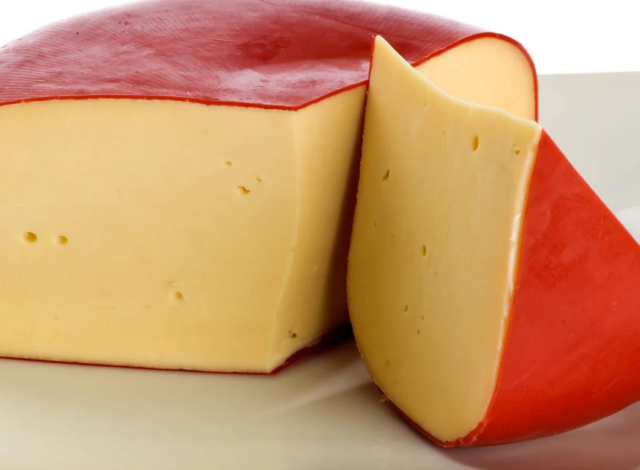
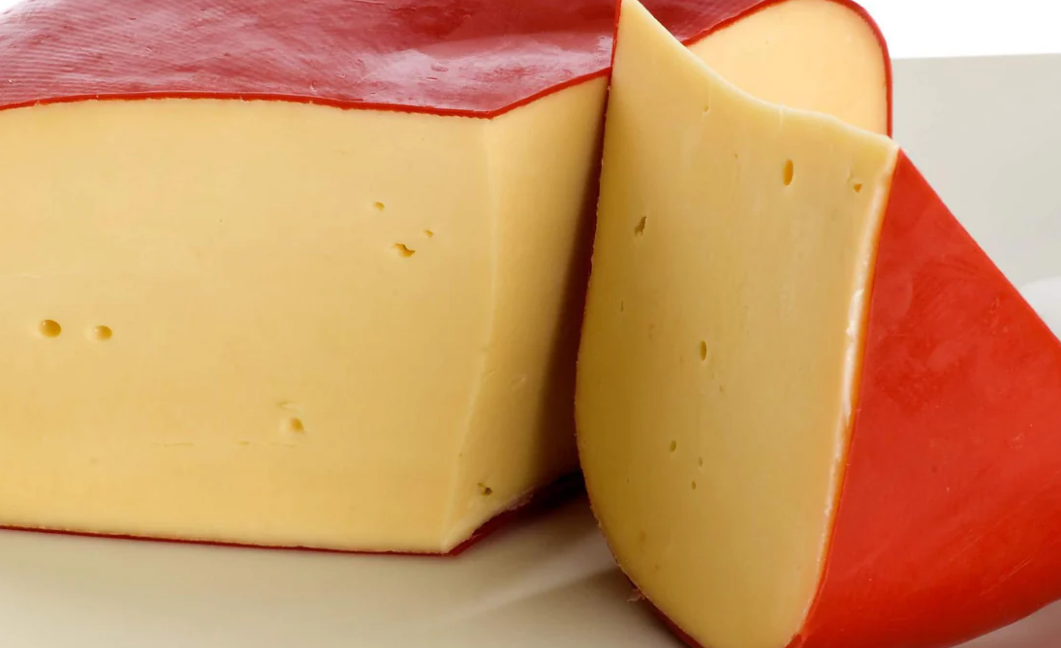
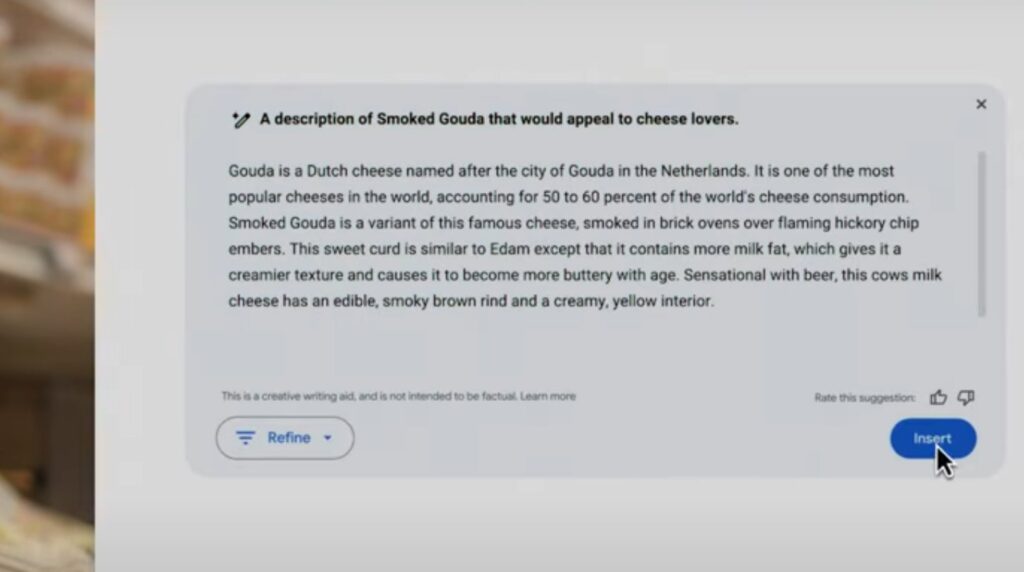
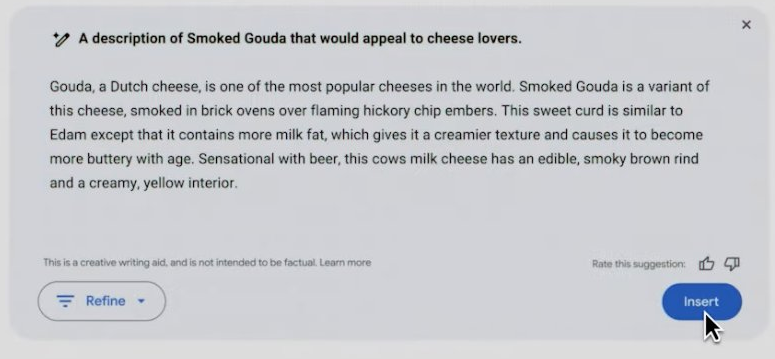
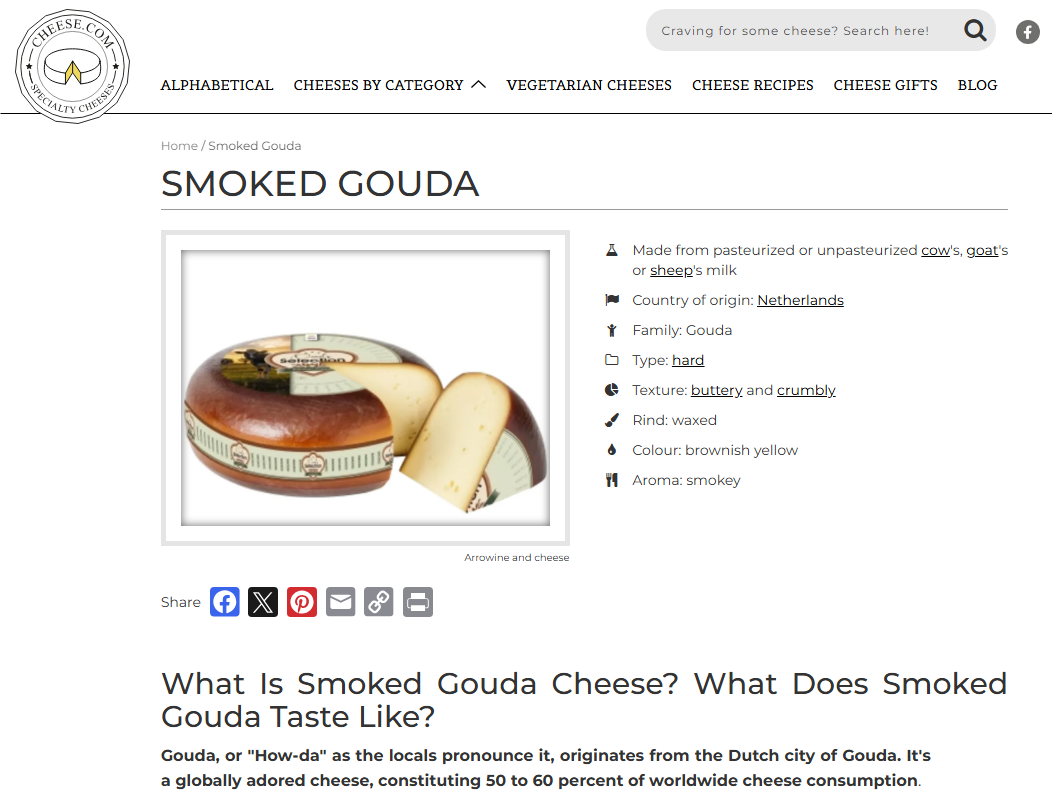

 Loading comments...
Loading comments...
